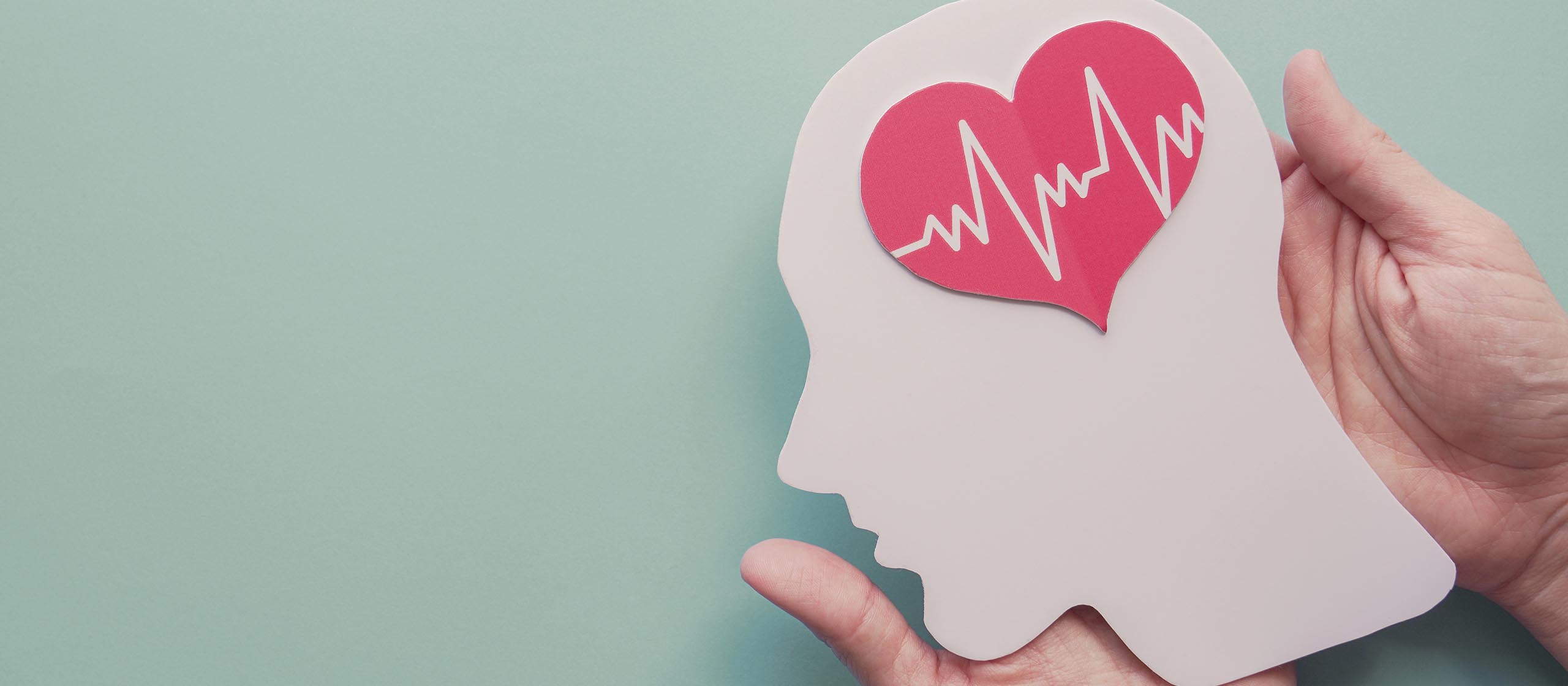
Cognitive
Behavioural
Therapy
(CBT)
What is CBT?
Cognitive Behavioural Therapy (CBT) is a therapeutic approach which explores how a person’s thoughts can affect their behaviour and how they feel.
How does CBT work?
Understanding how thoughts, behaviour and emotions can interact with each other can aid a person to make changes, both in terms of the way they think about things and how they respond to them. For example, emotions like fear and sadness can lead to negative thoughts such as “I won’t be able to manage” or “I am a failure” and unhelpful behaviours like avoidance of challenges or using substances to cope. CBT can help to reframe some of the unhelpful thoughts and change unhelpful behaviours. CBT is focused on ‘here and now’ difficulties that are experienced in the present. However, CBT can also take into account how our past can shape our deeper beliefs about ourselves, others and the world. A CBT practitioner takes a collaborative approach and you may be asked to complete tasks between sessions so that you can actively work on making changes and learning new skills and strategies.
Who is it for?
CBT is an evidence-based approach, which has been found to be effective in the treatment of a wide range of mental health difficulties including: Depression, Anxiety, Addictions, Eating Disorders, Obsessive Compulsive Disorder (OCD), Panic Disorder, Post-Traumatic Stress Disorder (PTSD), and stress.